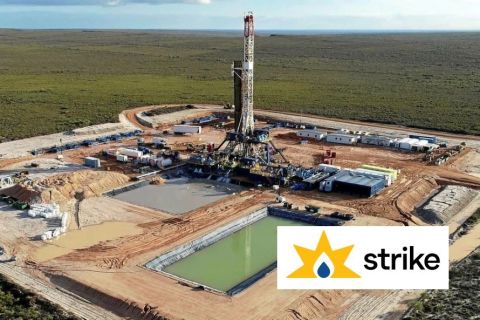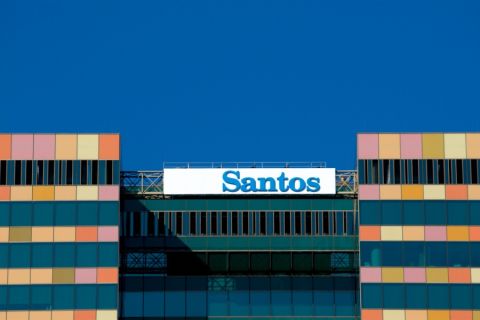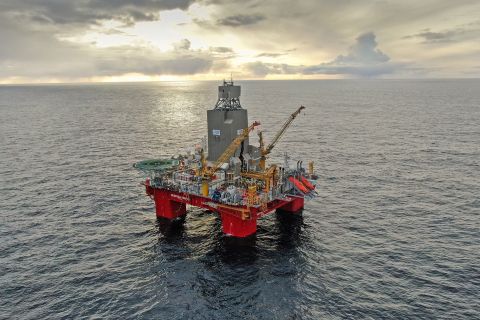TC Energy Corp.’s long-delayed Keystone XL oil pipeline took a small step forward this week, after a U.S. court overturned an injunction that barred certain work on the project, the company said.
The company, which also reported a better-than-expected quarterly profit on Aug. 1, has been working for more than a decade to build the controversy-ridden 830,000 barrel per day (bbl/d) pipeline.
KXL would run from an oil hub at Hardisty, Alberta, to Steele City, Neb., where it would join TC Energy’s existing Keystone pipeline system.
TC Energy, formerly TransCanada Corp, said an injunction barring some pre-construction activities related to the pipeline was dissolved by an appellate court on July 29.
TC Energy still has hurdles to jump before it can build the pipeline. It faces a pending Nebraska Supreme Court decision related to the pipeline’s route and a lawsuit by two Native American communities in Montana.
The Nebraska Supreme Court is expected to make a decision in the third quarter, TC Energy said.
The company said in May that it would not make any major capital commitments until it has a clear path to construction, and therefore has not made a final investment decision to proceed with the project.
In 2017, TC Energy scrapped plans for the C$12 billion cross-country Energy East project from Alberta to Canada’s Atlantic Coast because of mounting regulatory hurdles.
The company also expects a decision from the British Columbia Supreme Court to extend an injunction on its Coastal GasLink pipeline in the third quarter.
Last week, Canada’s National Energy Board said the 670-km-long natural gas pipeline to supply the LNG Canada project in northern British Columbia was not subject to federal regulation.
Earnings from TC Energy’s liquids pipelines rose about 39% in the second quarter, primarily due to higher volumes on the Keystone pipeline system.
Earnings from U.S. natural gas pipelines climbed 23%, supported by the Columbia Gas and Columbia Gulf growth projects.
Shares of the company were up 1.9% at C$65.87 in morning trade.
The Calgary-based company’s net income attributable to shareholders rose 43.3% to C$1.13 billion, or C$1.21 per share, in the quarter ended June 30.
On an adjusted basis, the company earned C$1 per share, 1 Canadian cent above the average analyst estimate, according to IBES data from Refinitiv.
Revenue rose 5.5% to C$3.37 billion.
Recommended Reading
Strike Energy Updates 3D Seismic Acquisition in Perth Basin
2024-04-19 - Strike Energy completed its 3D seismic acquisition of Ocean Hill on schedule and under budget, the company said.
Santos’ Pikka Phase 1 in Alaska to Deliver First Oil by 2026
2024-04-18 - Australia's Santos expects first oil to flow from the 80,000 bbl/d Pikka Phase 1 project in Alaska by 2026, diversifying Santos' portfolio and reducing geographic concentration risk.
Iraq to Seek Bids for Oil, Gas Contracts April 27
2024-04-18 - Iraq will auction 30 new oil and gas projects in two licensing rounds distributed across the country.
Vår Energi Hits Oil with Ringhorne North
2024-04-17 - Vår Energi’s North Sea discovery de-risks drilling prospects in the area and could be tied back to Balder area infrastructure.



